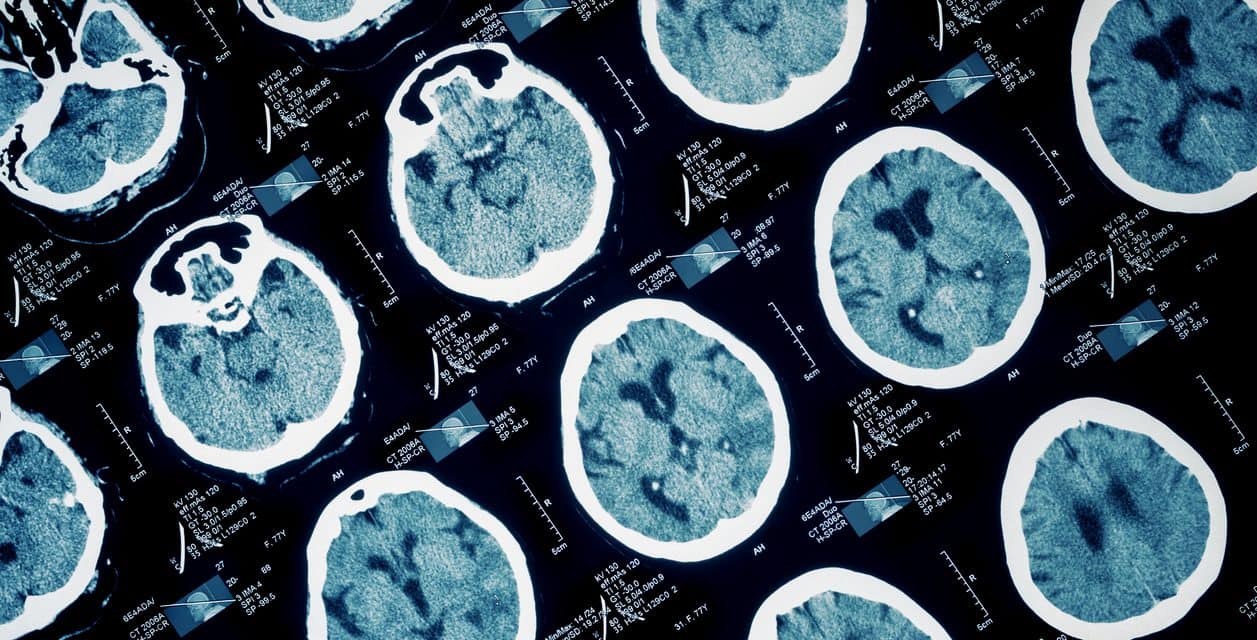This study investigated the association between attention-deficit/hyperactivity disorder (ADHD) symptomatology in preschool-aged children who were born very preterm (<33 weeks) and cognitive outcomes, clinical risk and socio-demographic characteristics. 119 very preterm children who participated in the Evaluation of Preterm Imaging Study at term-equivalent age were assessed at a mean age of 4.5 years. Parents completed the ADHD Rating Scale IV, a norm-referenced checklist that evaluates ADHD symptomatology according to diagnostic criteria, and the Behavior Rating Inventory of Executive Function-Preschool version. Children completed the Wechsler Preschool and Primary Scales of Intelligence and the Forward Digit Span task. Longitudinal data including perinatal clinical, qualitative MRI classification, socio-demographic variables and neurodevelopmental disabilities were investigated in relation to ADHD symptomatology. All results were corrected for multiple comparisons using false discovery rate. Results showed that although the proportion of very preterm children with clinically significant ADHD did not differ from normative data after excluding those with neurodevelopmental disabilities, 32.7% met criteria for subthreshold ADHD inattentive type and 33.6% for combined type, which was higher than the expected 20% in normative samples. Higher ADHD symptom scores (all) were associated with greater executive dysfunction (inhibitory self-control, flexibility, and emergent metacognition, corrected p<0.001 for all tests). Higher inattentive ADHD symptom scores were associated with lower IQ (ρ = -0.245, p = 0.011) and higher perinatal clinical risk (more days on mechanical ventilation (ρ = 0.196, p = 0.032) and more days on parenteral nutrition (ρ = 0.222, p = 0.015). Higher hyperactive ADHD symptom scores instead were associated with lower socio-economic status (ρ = 0.259, p = 0.004). These results highlight the importance of monitoring and supporting the development of very preterm children throughout the school years, as subthreshold ADHD symptoms represent risk factors for psychosocial problems and for receiving a future clinical diagnosis of ADHD.
ADHD symptoms and their neurodevelopmental correlates in children born very preterm.


